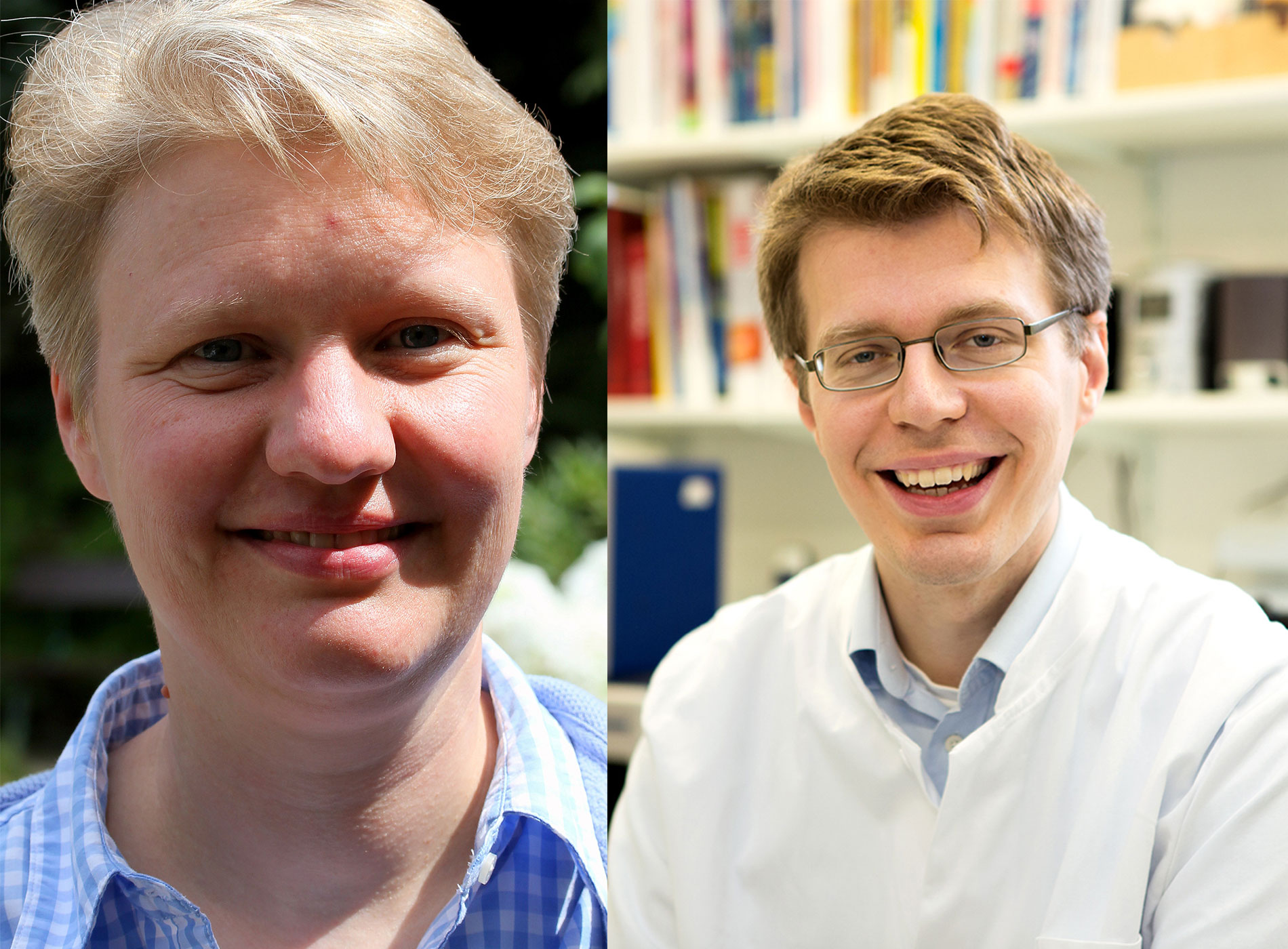When macrophages are deprived of oxygen

How pathogens are controlled when tissue is deprived of adequate oxygen supply
Infected tissue has a low concentration of oxygen. The body’s standard immune mechanisms, which rely on oxygen, can then only function to a limited extent. How does the immune system nevertheless manage to control bacteria under such conditions? The working groups led by PD Dr. Anja Lührmann at the Institute of Microbiology – Clinical Microbiology, Immunology and Hygiene and by Prof. Dr. Jonathan Jantsch at the Institute for Medical Microbiology and Hygiene at University Hospital Regensburg have investigated this question in collaboration with other groups from Erlangen, Regensburg, and Jena. The researchers discovered that fewer metabolites are produced in the citric acid cycle under hypoxic conditions, leading to a reduced rate of reproduction among bacteria in macrophages.
Macrophages are a type of phagocyte and belong to the congenital immune system, where they have a key role to play in defending against infection by intracellular pathogens such as those which cause tuberculosis, Legionnaires’ disease, or Q fever. The team of researchers observed changes in the mitochondrial metabolism of the macrophages caused by signalling pathways initiated by the lack of oxygen (hypoxia). This leads to a reduction in various metabolites in the citric acid cycle, especially citrate. This in turn prevents bacteria reproduction, as citrate is an essential growth factor for certain bacteria. “Our results describe a method of pathogen control which does not depend on oxygen and which we were not aware of until now,” explains Prof. Jantsch. PD Dr. Lührmann adds: “The pharmacological influence of these signalling pathways opens up new opportunities for fighting infectious diseases.”
The results of the project funded by the German Research Foundation (DFG) have recently been published in the journal Cell Reports.
Further information
PD Dr. Anja Lührmann
Phone: +49 9131 8522577